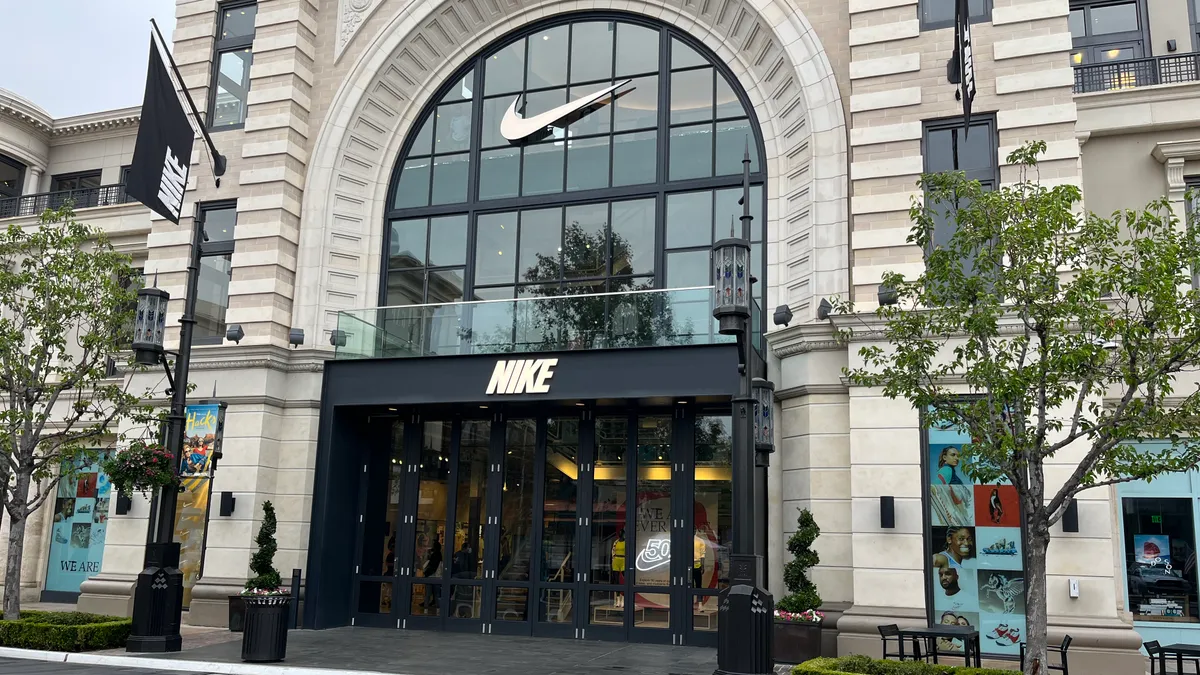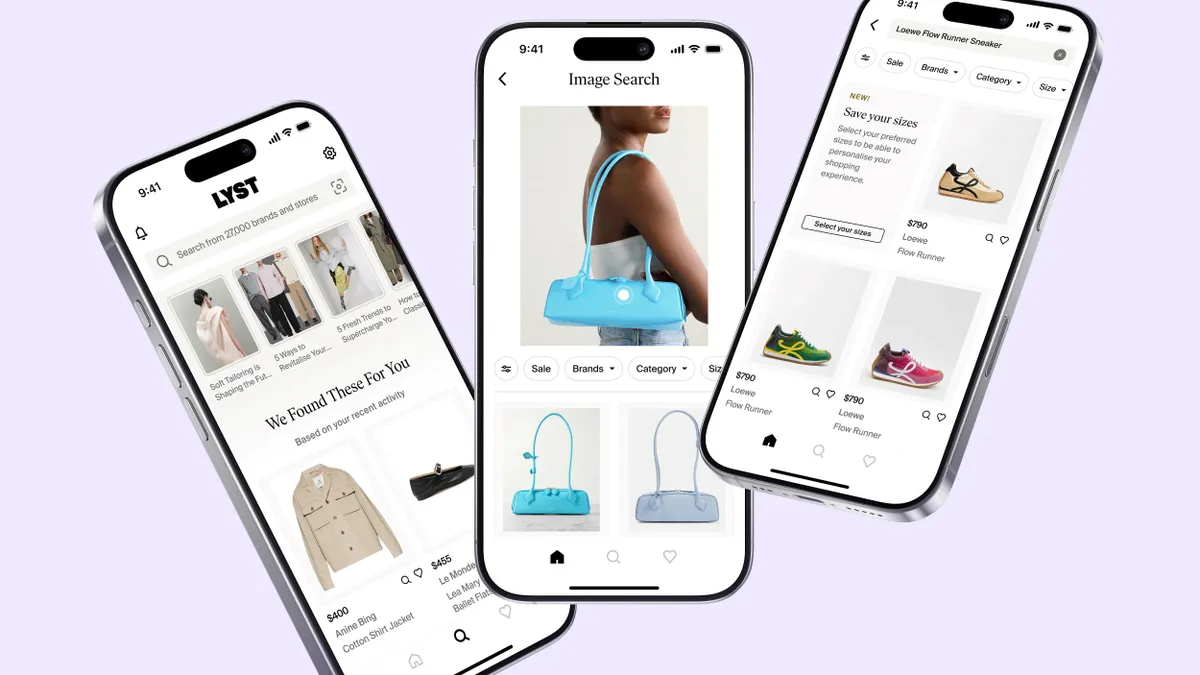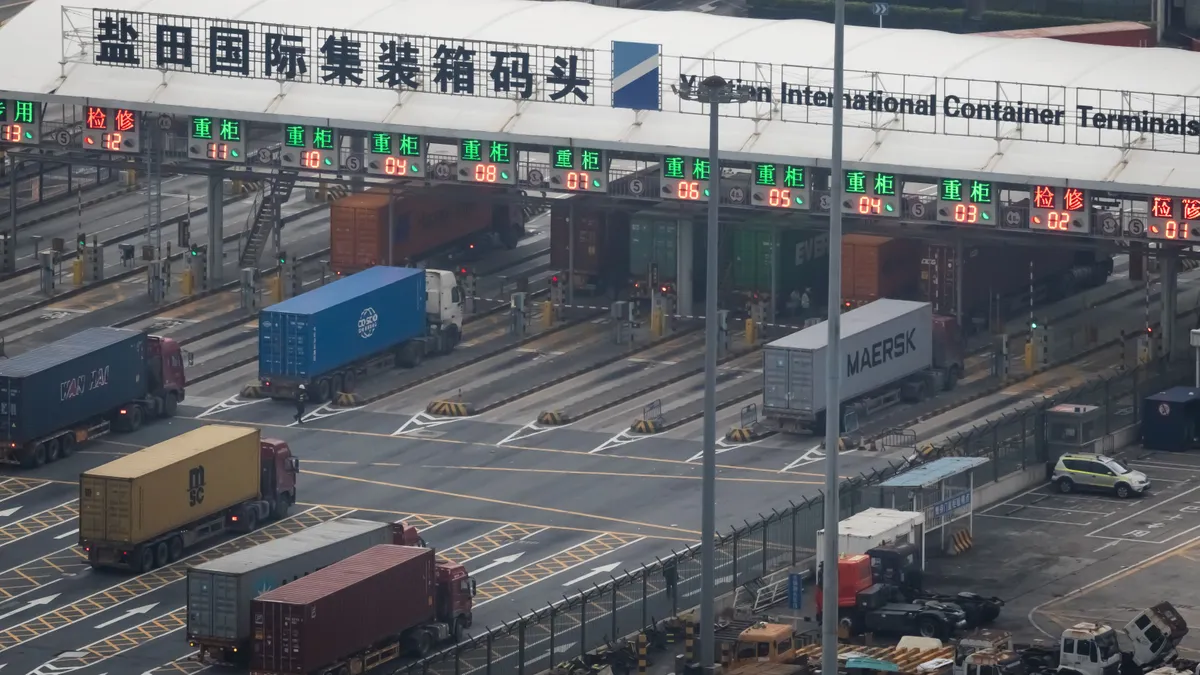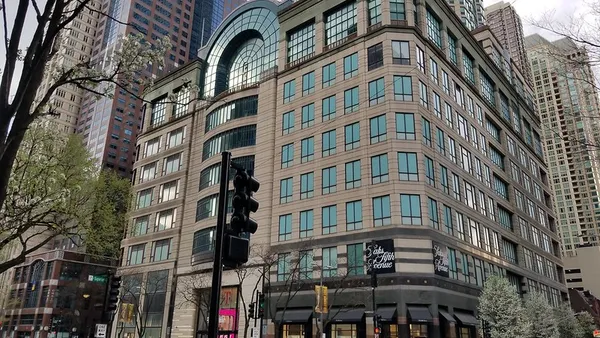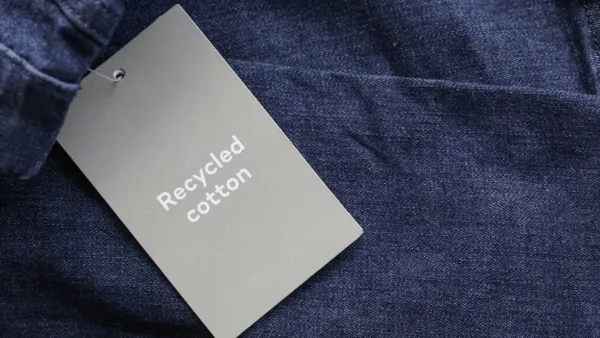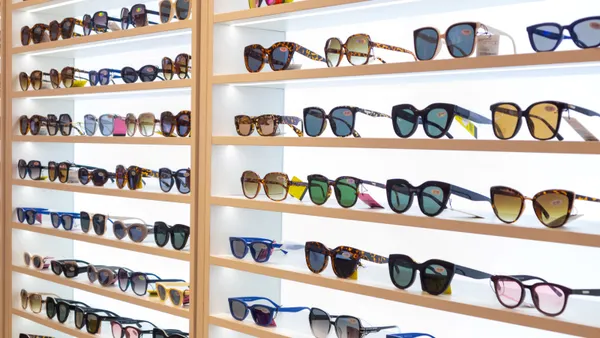Nike and Converse last week filed a lawsuit against 52 alleged counterfeit networks, which collectively operate 98 websites and 267 social media handles, over the sale of counterfeit goods, according to documents filed with the U.S. District Court for the Southern District of New York.
All 98 websites either currently sell Nike or Converse counterfeits to U.S. shoppers, or have within the last twelve months, per the lawsuit. Nike said the majority of the networks it’s identified operate out of China, Malaysia or other foreign countries, but noted that it was “impossible” to figure out the identities and “exact interworking” of the counterfeit networks it is suing.
“The Defendants, who have no affiliation with Nike or Converse, have attempted to capitalize on the popularity of the Plaintiffs’ Marks by manufacturing and marketing counterfeit products falsely labeled as ‘Nike’ or ‘Converse’,” the lawsuit reads.
Nike says the counterfeit networks it identified sell “thousands” of products that copy the design, labeling or other ornamentation of authentic Nike and Converse products, to be sold both through their own channels and through counterfeit wholesale channels. The athleticwear company confirmed that the products were fakes both through visual inspection of the websites and by ordering products from all but one of the networks to inspect them physically.
Nike is asking a court to prevent the counterfeiters from using its trademarks in business going forward, as well as from destroying their counterfeit products and business records. Among other things, the company also wants all of their profits and a lump sum of three times their profits.
A Nike spokesperson didn’t immediately respond to a request for comment about the lawsuit, Nike’s overall counterfeiting strategy and what else it’s doing to battle fakes.
Nike a few years ago sued sneaker marketplace StockX over alleged counterfeiting and false advertising after it acquired several pairs of fakes from the platform that came with a “100% Authentic” guarantee. The activewear company also entered a two-year pilot with Amazon in 2017 as a method of preventing fakes from being sold, then left the marketplace in 2019.



